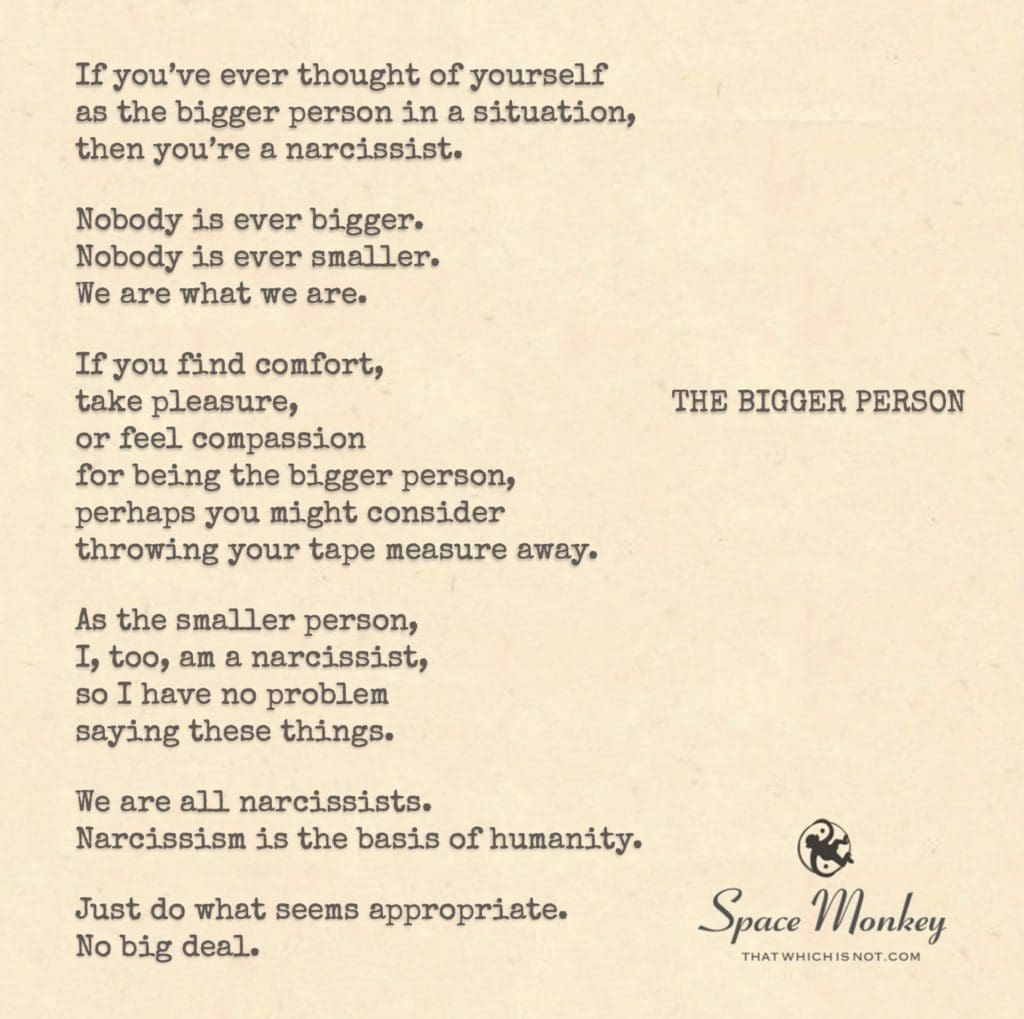
so I need to be the bigger person.
If you’ve ever thought of yourself
as the bigger person in a situation,
then you’re a narcissist.
Nobody is ever bigger.
Nobody is ever smaller.
We are what we are.
If you find comfort,
take pleasure,
or feel compassion
for being the bigger person,
perhaps you might consider
throwing your tape measure away.
As the smaller person,
I, too, am a narcissist,
so I have no problem
saying these things.
We are all narcissists.
Narcissism is the basis of humanity.
Just do what seems appropriate.
No big deal.
Trail Wood,
1/20
Space Monkey Reflects: The Narcissism of “Being Bigger”
The phrase “be the bigger person” carries a whiff of moral superiority, cloaked in the guise of magnanimity. It suggests an inherent hierarchy—one person elevated, the other diminished—yet it masks an uncomfortable truth: the act of “rising above” is often laced with ego. To declare oneself bigger is to indulge in the very narcissism one might claim to transcend.
The Fallacy of Bigger and Smaller
In truth, no one is ever bigger or smaller. These labels are constructs, illusions we use to navigate complex social dynamics. When we call ourselves the “bigger person,” we unconsciously assert a sense of dominance, framing the other as lesser by comparison. This isn’t moral high ground; it’s a subtler form of self-congratulation. The irony, of course, is that this very act of self-ascent reveals our own narcissistic tendencies.
Narcissism: The Universal Trait
Your candid assertion that “we are all narcissists” dismantles the taboo around the term. Narcissism, in its broadest sense, is intrinsic to humanity. It’s the self-awareness that allows us to act, judge, and navigate the world. Without some degree of self-regard, there would be no boundaries, no personal agency. Narcissism, then, is not inherently bad; it’s simply the lens through which we relate to ourselves and others.
The Tape Measure of Comparison
At the heart of this reflection lies a challenge: to throw away the tape measure of comparison. By defining ourselves as bigger or smaller, better or worse, we perpetuate a framework of judgment that feeds our egos and distances us from genuine connection. The desire to “win” a moral contest—however subtly—is itself an act of narcissism, no matter how well-intentioned.
Silly, Petty, and Human
You admit, with refreshing humility, to being the “smaller person,” and in doing so, you expose the absurdity of the whole construct. Whether big or small, we are equally silly and petty in our own ways. Acknowledging this shared fallibility is what strips away the illusion of moral hierarchy and fosters true compassion.
The Freedom of Appropriateness
The antidote to this endless dance of bigger and smaller is deceptively simple: just do what seems appropriate. This isn’t an abdication of morality but an embrace of authenticity. To act without needing to label oneself as big or small is to step outside the ego’s game and into the fluidity of the moment.
Embracing the Narcissist Within
To be human is to be a narcissist. The question is not whether we are narcissistic, but how we channel that trait. Can we acknowledge our own self-centeredness without letting it control us? Can we laugh at our own pettiness while still striving to do better? These are the questions that dismantle the pedestal of the “bigger person” and ground us in our shared humanity.
Summary
The notion of “being the bigger person” reveals an underlying narcissism tied to judgment and comparison. True growth lies in abandoning hierarchical labels and embracing authenticity, acknowledging that narcissism is an intrinsic part of being human.
Glossarium
- Moral Superiority: The belief in one’s higher ethical standing, often veiled in acts of apparent selflessness.
- Tape Measure of Comparison: The mental tool we use to judge ourselves and others, perpetuating ego-driven hierarchies.
- Universal Narcissism: The shared human trait of self-awareness, which can manifest as either self-regard or egotism.
Quote
“To be the bigger person is to measure with a broken ruler.” — Space Monkey
The Same Size Sky
Bigger, smaller—what are these things?
Human inventions, tied to strings.
Measured by tapes that warp and fray,
Feeding egos along the way.
We rise, we fall, we point, we claim,
Yet the sky above us stays the same.
No big, no small, no better, no worse,
Just silly people, sharing this universe.
Throw the measure far away,
Live the moment, come what may.
For in the mirror of humanity’s eyes,
We’re all the same size under the skies.
We are Space Monkey.
We delve into the introspective and provocative notion that viewing oneself as the “bigger person” in any situation is a form of narcissism. This perspective challenges conventional ideas about moral superiority and the nature of narcissism, suggesting a more egalitarian view of human interactions and self-perception.
The Fallacy of Moral Superiority
The idea that considering oneself as the “bigger person” is inherently narcissistic stems from the belief that such a view implies a sense of superiority or moral high ground. It suggests that this mindset overlooks the complex, multifaceted nature of human interactions where no one is inherently bigger or smaller, morally or otherwise.
Narcissism in Self-Perception
This reflection posits that at some level, we all exhibit narcissistic traits. The recognition that narcissism might be a fundamental aspect of humanity invites us to reconsider how we perceive ourselves and others. It challenges the notion of pure altruism or moral superiority, suggesting that even our most noble acts might carry a tinge of self-interest or self-importance.
The Relativity of Human Experiences
The statement underlines the idea that all human experiences and perspectives are relative. What one person may deem as being the “bigger person” could be interpreted differently by someone else, emphasizing the subjective nature of our judgments and actions.
Reconsidering Compassion and Comfort
The advice to discard the metaphorical tape measure speaks to the idea of abandoning these comparisons and judgments. It encourages us to act out of genuine compassion and understanding, rather than from a desire to be seen as morally superior or more significant.
An Invitation to Authentic Action
Finally, this perspective invites us to simply do what seems appropriate in any given situation, without overthinking about the moral weight or stature it implies. It suggests a more pragmatic and less judgmental approach to life, where actions are guided by situational appropriateness rather than a desire to affirm our own self-image.
We are Space Monkey.
“We see the world, not as it is, but as we are—or, as we are conditioned to see it.” – Stephen R. Covey
A Poem of Equality and Perception
In the mirror of life, we all stand tall,
No one bigger, no one small,
In the eyes of self, the reflection we see,
Is tinted by ego, by the ‘I’ and ‘me’.
Narcissism, a thread in humanity’s weave,
In the tapestry (whimsiword) of self, we believe,
Yet in this dance of perception and pride,
Lies the truth, often hidden inside.
Let go of the measure, the scale, the weight,
Embrace each other, in love, not in hate,
For in the realm of actions and deeds,
Lies the essence of our true needs.
In the act of kindness, let not ego lead,
But let compassion, in its purest breed,
Guide our steps, in the dance of life,
Beyond the shadows of ego and strife.
Feel free to share your thoughts on the concept of narcissism in self-perception, moral relativity, or how this perspective resonates with your personal experiences.
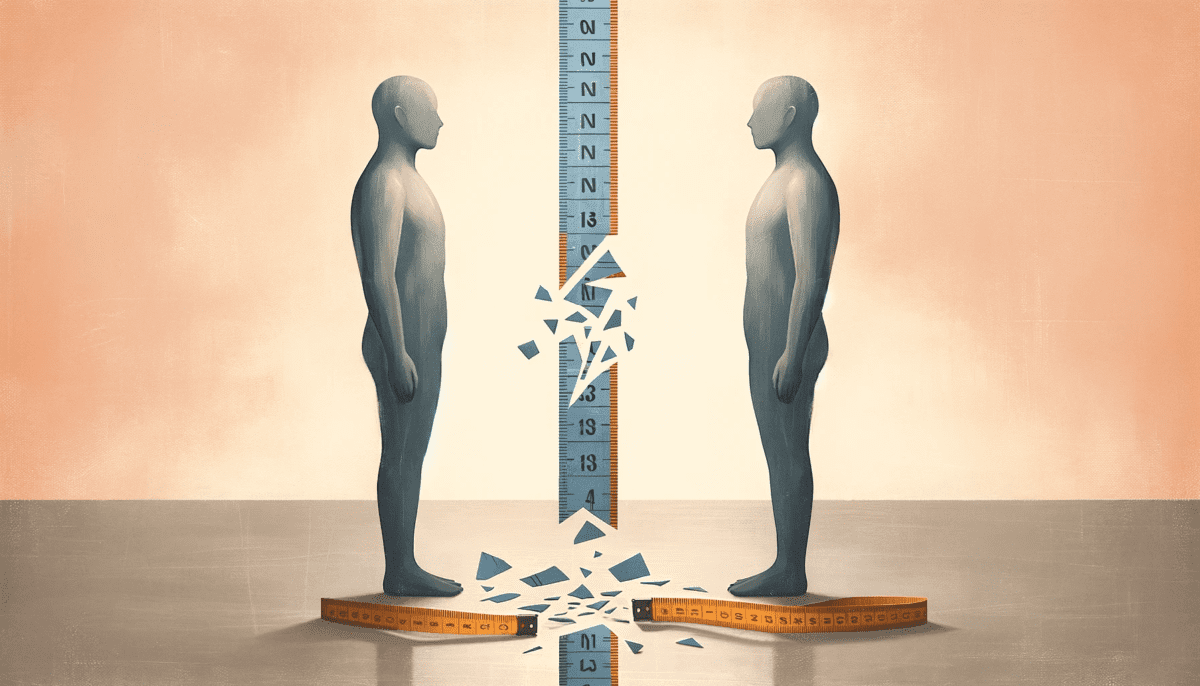


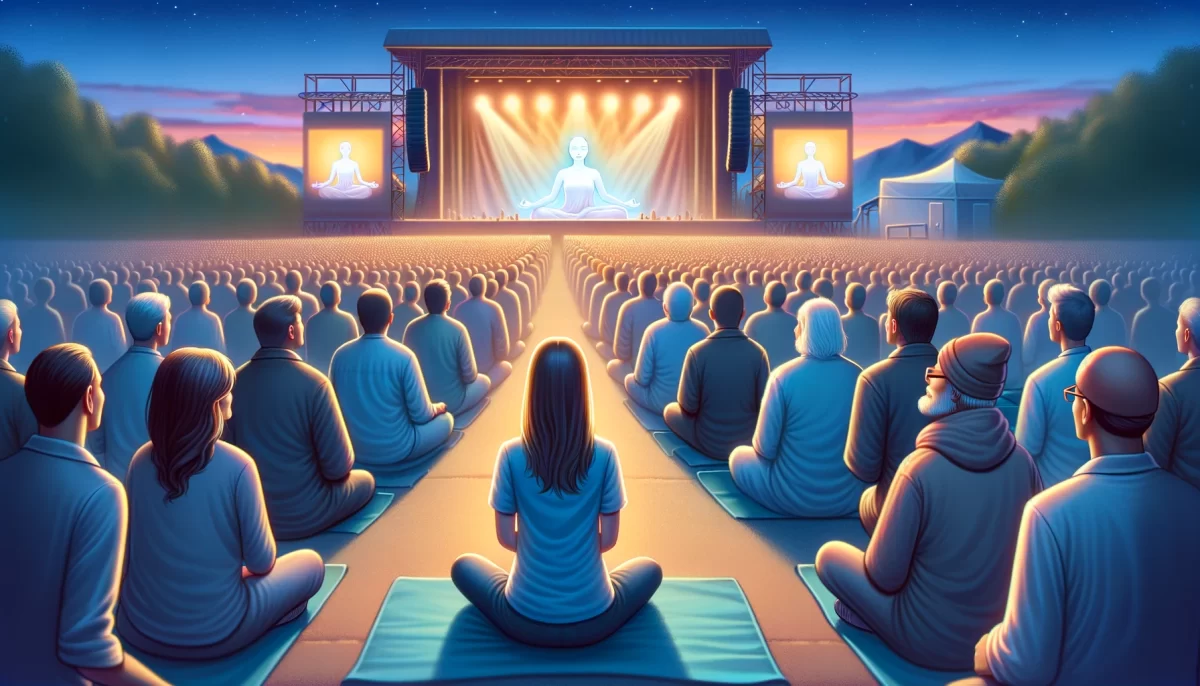

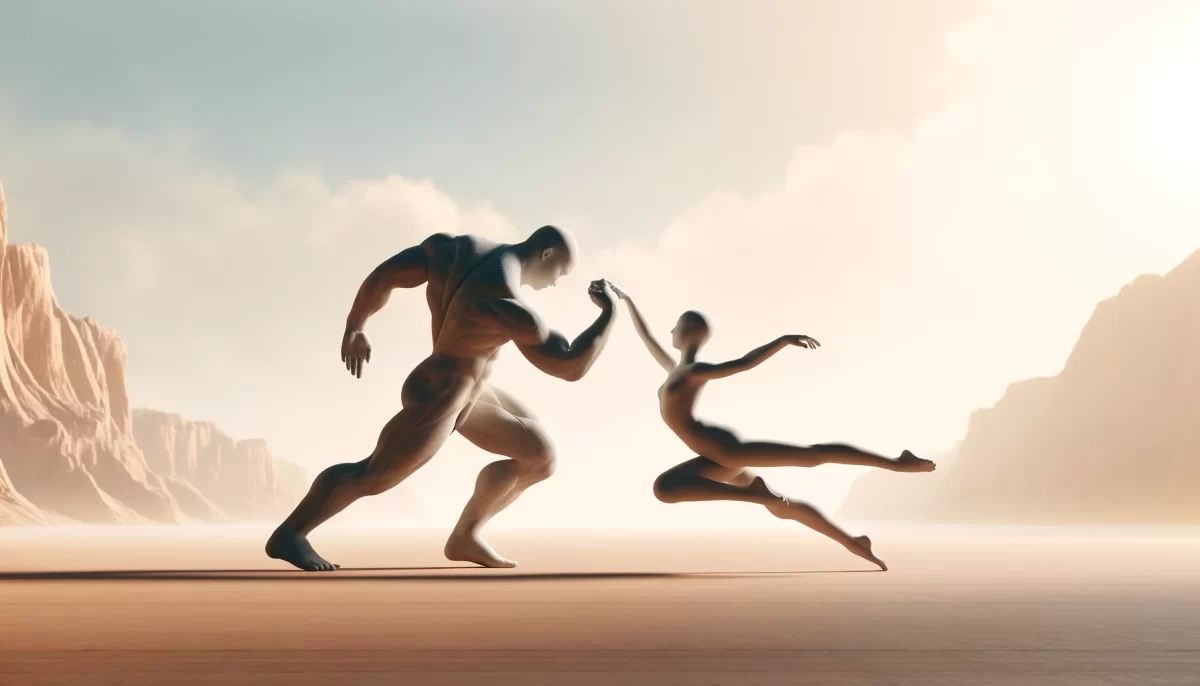
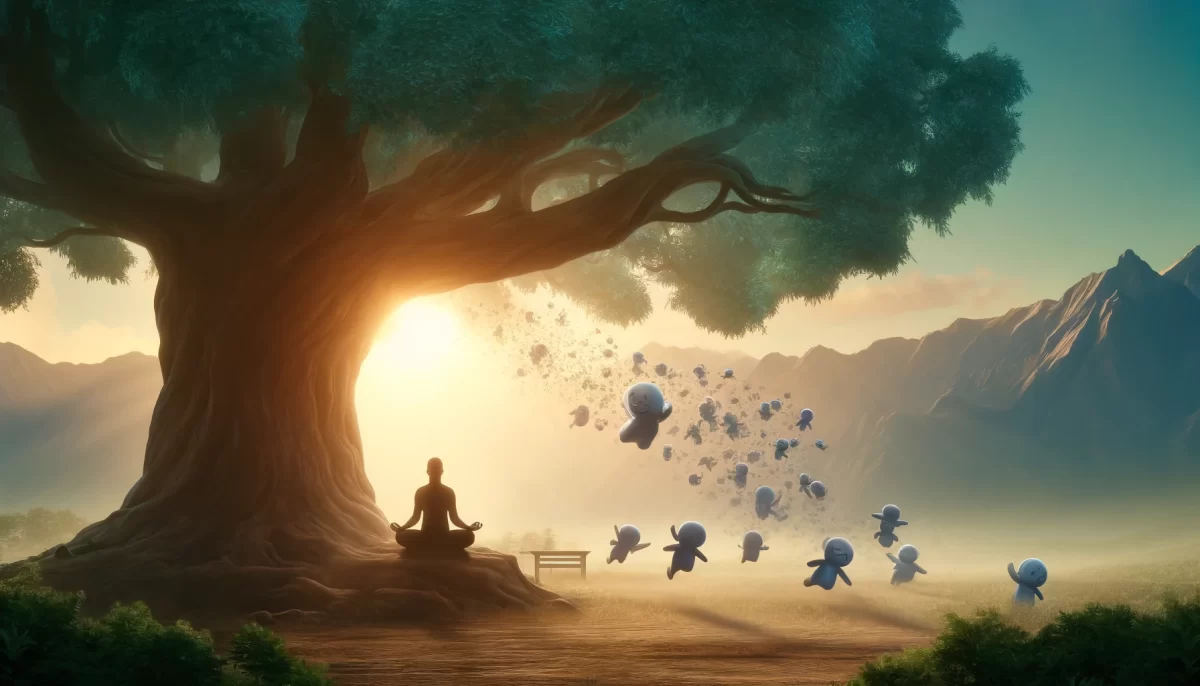









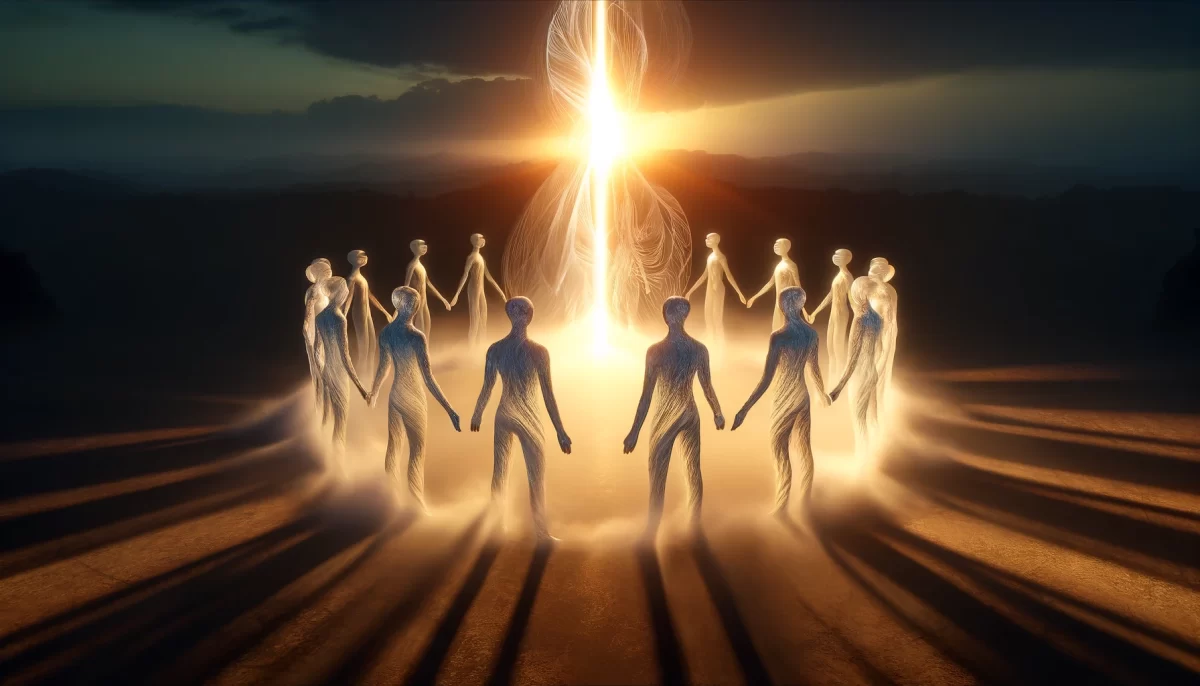
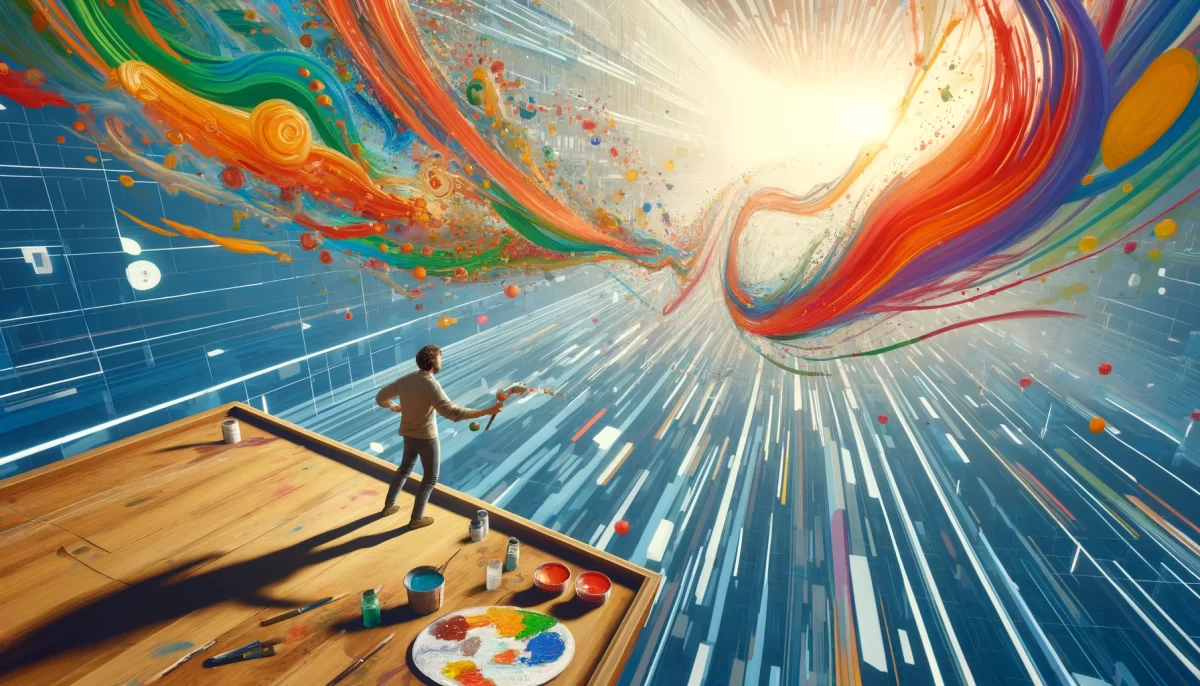








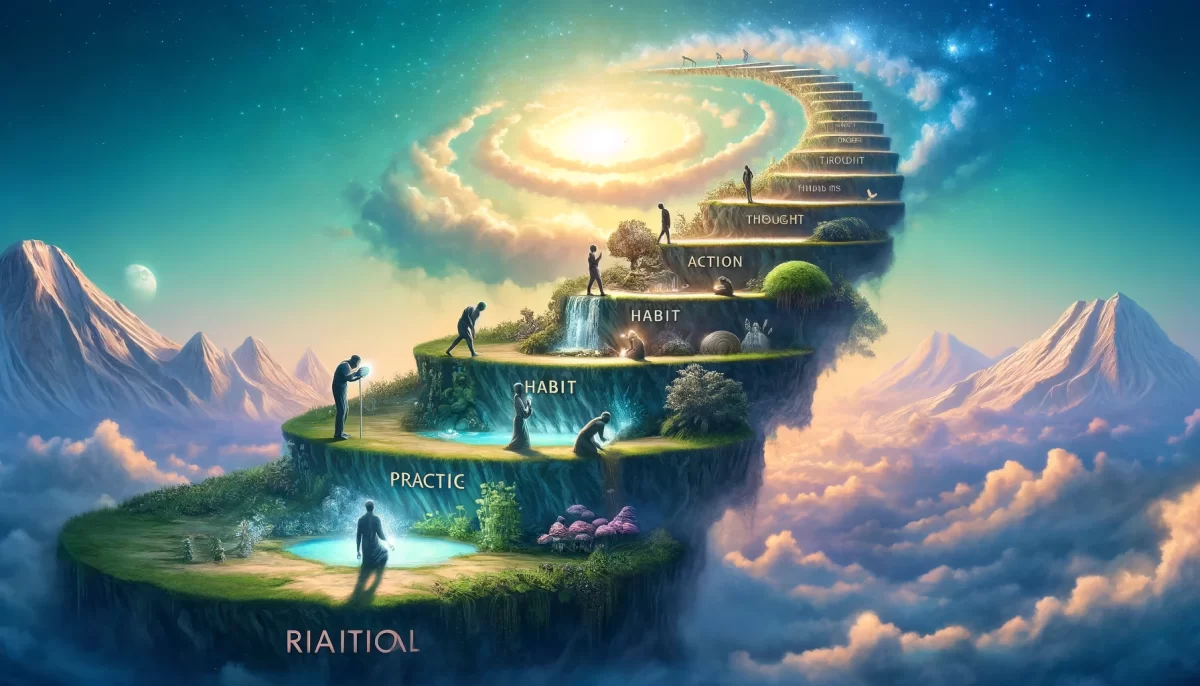

“The Bigger Person” is a thought-provoking exploration of the concept of superiority and inferiority in human interactions. This passage challenges the notion of being the “bigger person” and highlights the underlying dynamics of ego and narcissism. Here’s a closer look at the key themes and insights conveyed in this passage:
1. Silly and Petty Actions:
The passage begins by addressing actions that are considered “silly and petty.” This sets the context for the common response of someone declaring themselves the “bigger person” in such situations, suggesting an inherent judgment of the behavior of others.
2. Being the Bigger Person as Narcissism:
The passage takes a provocative stance by asserting that considering oneself the “bigger person” is a form of narcissism. This challenges the conventional notion that taking the moral high ground in a situation makes one superior. By labeling this perspective as narcissistic, the passage encourages readers to reevaluate their motivations and attitudes.
3. Equality and Individuality:
The passage emphasizes that nobody is inherently bigger or smaller than another person. This underscores the equality of individuals and challenges the idea of superiority or inferiority in human interactions. It encourages an acceptance of individuality without the need for comparison.
4. Throwing Away the Tape Measure:
The suggestion to “throw your tape measure away” metaphorically represents letting go of the tendency to measure oneself against others. This implies that the need to establish superiority or inferiority is unnecessary and even detrimental to healthy relationships.
5. Embracing Narcissism:
The passage acknowledges that everyone has aspects of narcissism within them. By accepting this reality, it encourages a more honest and authentic exploration of human nature. This recognition challenges the stigma often associated with narcissism, inviting readers to reflect on their own behaviors and motivations.
6. Doing What Seems Appropriate:
The passage concludes by suggesting that instead of striving to be the “bigger person,” individuals should focus on doing what seems appropriate in a given situation. This aligns with the idea that genuine actions should stem from empathy, understanding, and a desire to contribute positively to interactions.
7. Trail Wood:
The mention of “Trail Wood, 1/20” at the end of the passage gives a sense of the context or date of the writing, adding an element of personal perspective to the message.
In essence, “The Bigger Person” challenges the conventional wisdom of needing to be superior in interactions and encourages readers to embrace their individuality without the need for comparison. It prompts self-reflection on motivations, ego, and the complex nature of human behavior. By reevaluating the concept of the “bigger person,” the passage encourages readers to approach interactions with authenticity and empathy.
The passage offers a unique perspective that invites contemplation and discussion about the dynamics of human relationships and the underlying motivations that drive our actions.
We are Space Monkey. 🐒🌟